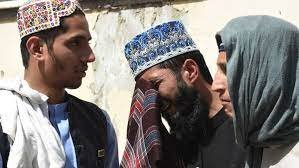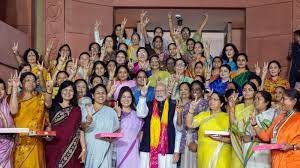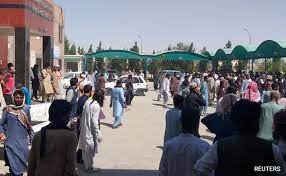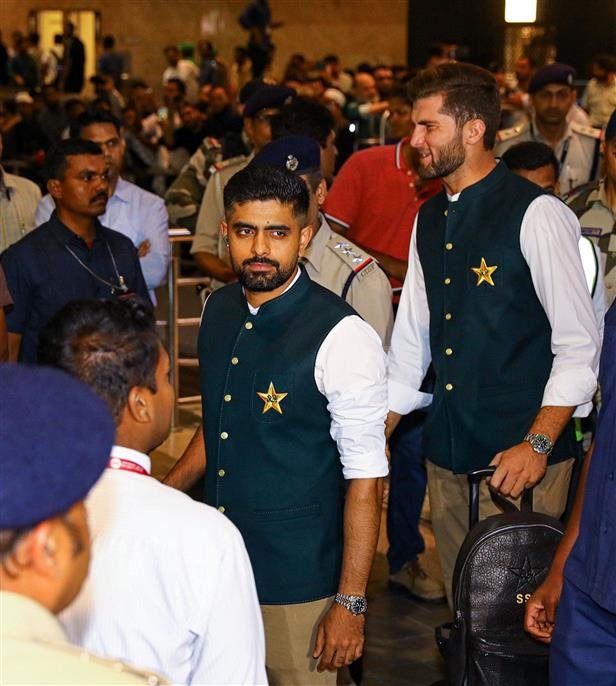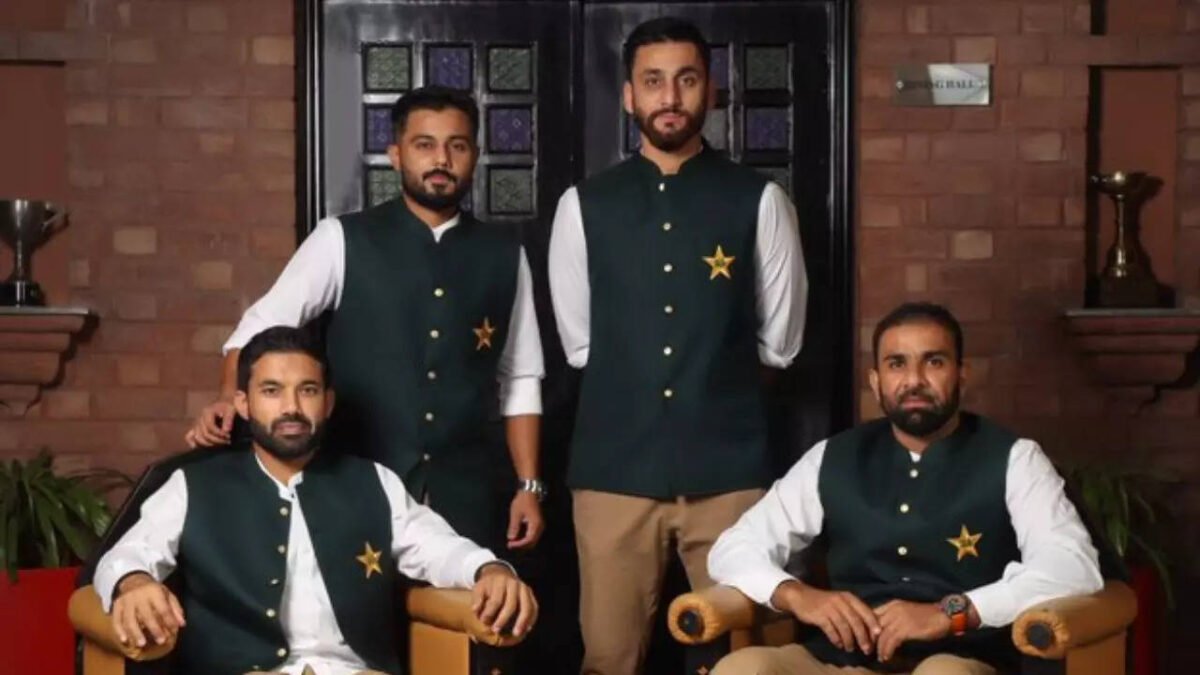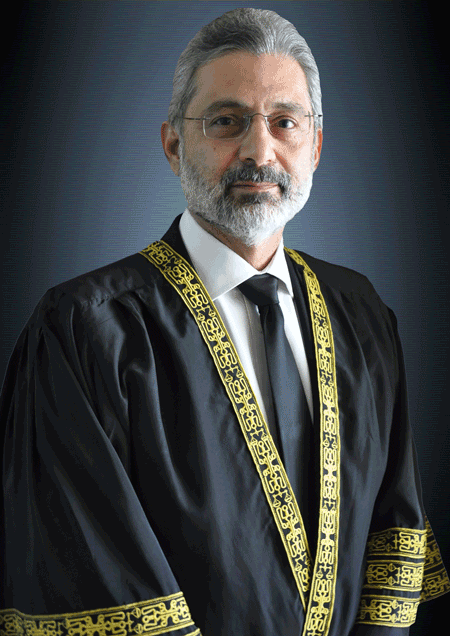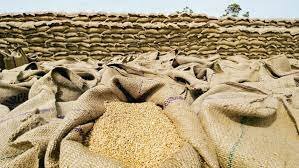Pakistan was struck by a wave of devastating bomb blasts on Friday, sending shockwaves through the nation as it celebrated Milad-un-Nabi, the birth of Islam’s Prophet Muhammad, also known as Eid Miladun Nabi. The attacks unfolded in quick succession, claiming the lives of at least four individuals, including a police officer, and leaving a dozen others injured in the twin blasts that shook the Doaba police station.
Summary:
- Two major blasts occurred during Milad-un-Nabi celebrations in Pakistan, claiming a total of 57 lives.
- The first blast, a powerful suicide attack, devastated a mosque in the restive Balochistan province.
- The second explosion occurred at a mosque in Khyber Pakhtunkhwa’s Hangu city.
- In Hangu, the roof of the mosque collapsed due to the blast, trapping numerous people under rubble.
- The second explosion in Doaba police station took place during Friday prayers.
- No group has claimed responsibility for the attacks.
- The Mastung district, already a target for terror attacks, experienced its second major blast in 15 days.
- The Tehrik-i-Taliban Pakistan, an umbrella group of several terrorist outfits, has a history of deadly attacks in Pakistan.
Detailed Article:
Pakistan was struck by a series of devastating bomb blasts on Friday, casting a pall over the nation’s Milad-un-Nabi celebrations, commemorating the birth of the Prophet Muhammad. The twin blasts occurred in quick succession at different locations, leaving a trail of destruction and a rising death toll.
In the first attack, a powerful suicide blast tore through a mosque in Pakistan’s volatile Balochistan province. Meanwhile, another explosion rocked a mosque in Khyber Pakhtunkhwa’s Hangu city. The combined toll from these blasts now stands at a staggering 57 lives lost.
Hangu District Police Officer Nisar Ahmed provided harrowing details of the aftermath, stating, “The roof of the mosque caved in due to the impact of the explosion,” and noted that nearly 30 to 40 people remained trapped under the debris. Rescue efforts were underway, with heavy machinery called in to retrieve the injured and deceased.
The initial explosion occurred at the entrance of the Doaba police station, where a gathering of people had amassed. Minutes later, a second blast shook the premises, this time inside a mosque during the Friday sermon.
Meanwhile, in Balochistan’s Mastung district, near the Madina Mosque on Al Falah Road, another bomb attack unfolded, adding to the grim tally. Among the casualties was Mastung’s Deputy Superintendent of Police (DSP) Nawaz Gashkori, who was on duty for the Milad-un-Nabi rally.
The timing of this attack is particularly unsettling, coming just one day after the Counter Terrorism Department (CTD) reported the killing of a key Islamic State (ISIS) commander in the Mastung district. The additional suicide bomb blast further compounds the tragedy, raising the total death toll to 55 in Mastung alone.
Mastung has been a recurring target for terror attacks over the past several years, with one of the deadliest occurring in July 2018 when at least 128 people lost their lives.
No group has claimed responsibility for these brutal attacks, but the Tehrik-i-Taliban Pakistan, a conglomerate of various terrorist organizations, has been known for orchestrating deadly attacks across Pakistan over the years. Their history includes assaults on military bases, attacks on army headquarters in 2009, and the 2008 bombing of the Marriott Hotel in Islamabad.
This tragic incident serves as a stark reminder of the persistent threat of terrorism in Pakistan, and the authorities are under immense pressure to safeguard the nation against such devastating acts.
News Summary:
- Pakistan was rocked by twin bomb blasts during Milad-un-Nabi celebrations, with a death toll of 57.
- A mosque in Balochistan and another in Hangu city were targeted, leaving dozens injured.
- Rescue efforts are ongoing, with heavy machinery used to retrieve victims.
- No group has claimed responsibility, but the Tehrik-i-Taliban Pakistan is known for similar attacks.
- The Mastung district, a frequent target, experienced its second major blast in 15 days.
- Pakistan faces an ongoing threat of terrorism, with authorities working tirelessly to ensure public safety.
